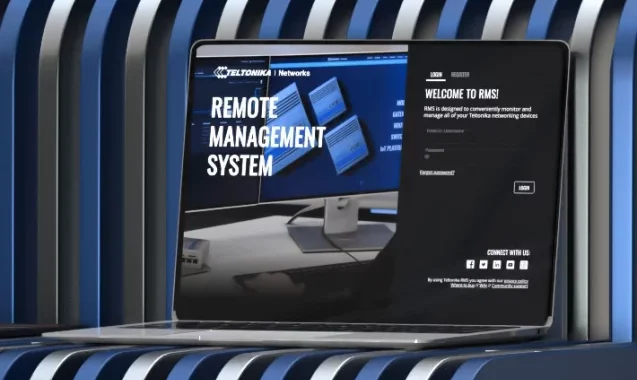In a weight loss retreat is a good way to generate calming routines that support better health and long-term balance. These retreats are simple to establish daily routines through exercising, relaxation, and making mindful choices. Each program encourages constant change with supportive guidance and adaptable steps. A weight loss retreat also supplies a safe settings that promote confidence and comfort. Many guests enjoy the style of an all-women weight reduction health retreats since it offers clear direction. A weight reduction wellness retreat also promotes slow progress through many different strategies. These settings will help create new patterns that make you are feeling natural comfortable, simple, and pleasant to call home with in daily life. The health-related weight reduction programme uses calm activities that help your body develop well-balanced habits. These retreats give attention to gentle gestures, simple routines, as well as soothing practices. A retreat for health to shed weight typically combines nourishment, exercise, and a mindful sleep. If you should be seeking for additional info on weight management retreat, check out the earlier mentioned website.
Many wellness and health events for women also emphasize the importance of wellbeing with clear instructions and straightforward steps. This increases confidence and trust in regards to the process. Health and wellness retreats provide positive pathways that facilitate smoother adjustments. Health and wellness retreats for guests help them discover balanced ways to look after the mind and body with easy routines, and uplifting methods. Women’s wellness retreats offer a comfortable environments where healthy habits can develop. Lots of women’s wellness retreats encourage peaceful routines that help create healthier habits. A women wellness retreat also creates a confident atmosphere that encourages easy progress. These areas promote harmony through small actions that blend with daily life. Each plan targets gradual improvement through flexible choices. The participants are given helpful tools that facilitate the transition to healthier habits. The retreats help to rekindle a reference to personal well-being and make the procedure manageable. They allow you to achieve balance, growth and clarity through simple steps that help build positive practices. The weight loss retreat will help create patterns that continue beyond the duration of the retreat.
Participants are taught simple techniques that encourage wellbeing with small, meaningful modifications. Simple steps during an weight reduction health retreat allow those habits to remain in place at home. A weight reduction wellness retreat offers uplifting inspiration to keep these routines. A weight reduction plan also provides stability and peace through carefully planned guidelines. Wellness and health retreats will ensure that everyone has the capacity to explore healthy habits without the pressure. Wellness health retreats remind guests that positive change can be natural with the proper steps gentle and steadily. A health retreat to shed weight will maintain healthy habits through mindful choices for daily living. Many wellness and health retreats were created specifically for women, providing guidance which can be in tune with personal well-being and ease. Wellness retreats for women assist guests to generate confidence in their new lifestyles. A women’s wellness retreat can also offer a nurturing, supportive support that will be warm and encouraging. The ladies’ wellness retreat is a celebration of a power of shared enthusiasm that boosts motivation. An exercise and weight loss retreat targets simple strategies which can be easy to incorporate into everyday life. These experiences illustrate how slow actions result in lasting change and healthier balance.










